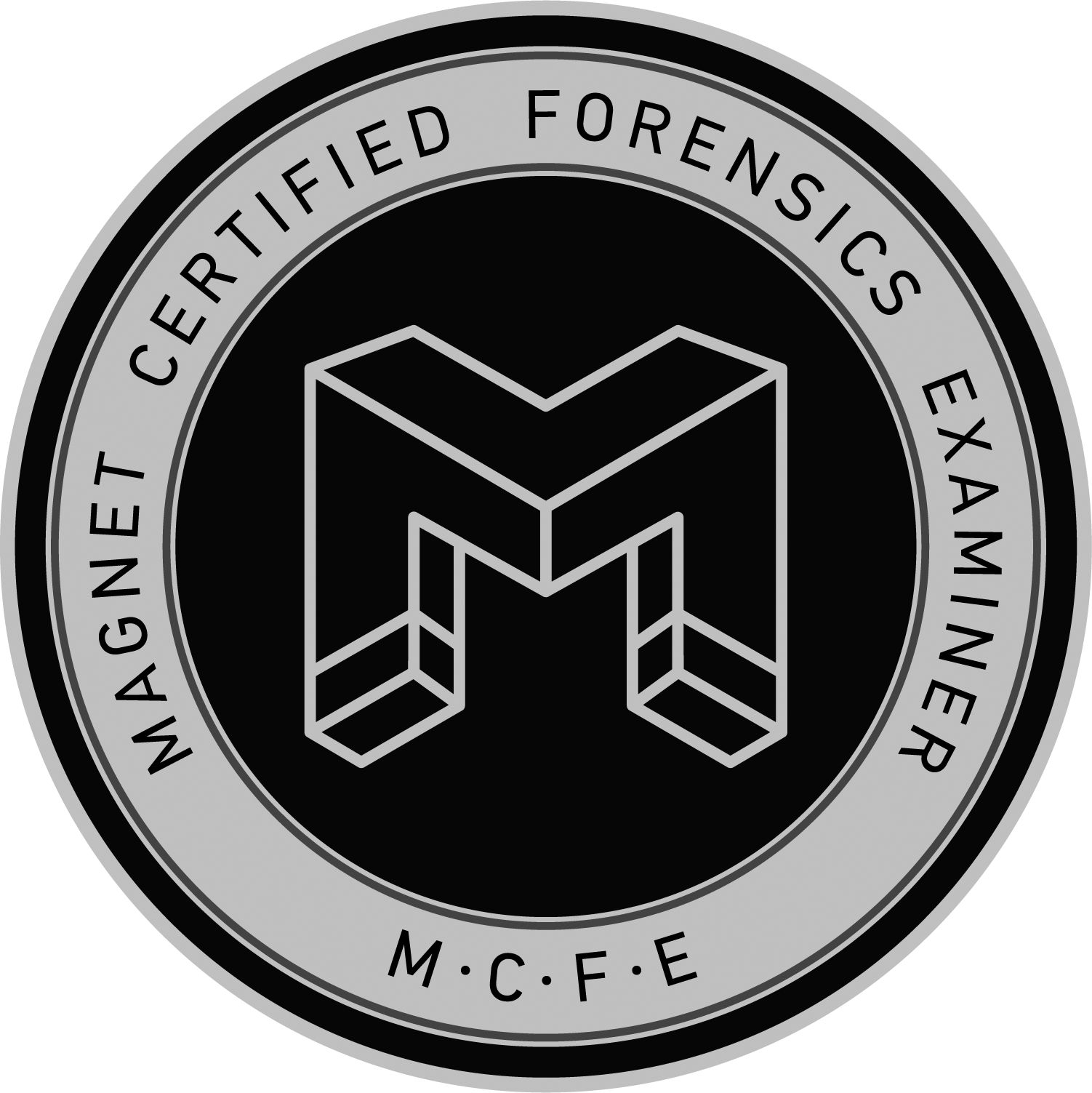Medical experts, accident reconstruction experts, and other types of experts are frequently asked to interpret data from images that were obtained from video evidence. When these experts have no training or background in processing multimedia evidence, and/or make no effort to consult someone who does, bad things generally happen. Really bad things, like having all of their evidence thrown out of court, for one.
General Misconception: “It’s Just Video”
For over 50 years video has been the predominant entertainment medium in American households. Technological advancements have allowed it to quickly transition from a medium that was only consumed by the general public, to a medium the general public was able to create and share. Most people have been watching video their entire lives, and many have been creating it as well.
The reality is, however, that even Holywood's most successful professional video editors and producers are not properly trained and qualified to process and interpret multimedia evidence. "How on earth can you say that, Larry!" Well, because I've seen their evidence thrown out of court, just as I have personally had multimedia evidence submitted by some of the most intelligent and respected University professors thrown out. It's not a matter of intelligence, it is a matter of proper training and ethics.
Convenience vs. Accuracy
Today consumers are generating and consuming video at an unprecedented rate. The applications and tools that have allowed this evolution were specifically designed to provide convenience. Often it only requires one or two clicks or taps on your screen to complete a plethora of computationally complex tasks, such as recording, editing, converting, viewing and sharing. It’s important to understand that this was and is by design; no one is trying to develop solutions that make your life difficult. It’s all about convenience.
In regards to video evidence, however, it’s even more important to understand that this convenience comes at a cost; typically, accuracy, control, and reproducibility.
Multimedia Evidence Workflows
Don’t get me wrong, I am all for convenience, and in fact can and do use applications that were developed for general consumers in my multimedia evidence workflows; if you’re working in the DME discipline, so do you (e.g. players/viewers, Non-linear editors, etc.). It is critical to understand each tool’s capabilities and limitations though, especially when someone’s freedom or even their life may be on the line.
Proper workflows are vital to every form of evidence processing, from collection all the way through archiving. There are many things that must be taken into consideration when developing evidence workflows. What is the source? What are the questions being asked of the evidence? What environmental issues may have affected the source? What technological issues may have affected the evidence? How will the evidence be presented to or consumed by the trier of fact? And more.
All Multimedia Data Is Converted/Transformed During Playback
Let me be very clear that in EVERY case the originally recorded multimedia data is converted or transformed during playback. In fact, in most cases the data that is stored to film, tape or digital medium goes through several transformations before being displayed. This is a critical concept to understand, because if any one of these conversions or transformations is done incorrectly it may change the way the data is interpreted.
Consumer applications also frequently leverage code developed by reverse engineering the original code intended to perform a particular function. This quite regularly results in code that does a good job of providing convenience, but does so at the cost of accuracy.
Multimedia Hardware Dependence
Furthermore, most types of digital evidence are static, meaning the data is the data and the information it represents is not reliant on the computer hardware used to interpret it. Sure, having certain computer hardware will provide efficiencies, but interpretation of the data is not dependent on these efficiencies. It may take longer to properly process in a controlled environment, but the information the data represents is generally not affected by the system’s ability to efficiently process the data. That is NOT the case with multimedia.
Accurate multimedia data playback is subject to time constraints. If the data is not processed at a sufficient frequency, the information it represents may change substantially.
Training & Certification
It is for these and many other reasons that anyone processing multimedia evidence should be properly trained, not only in their area of expertise, but on the fundamental principles of handling, processing, and interpreting evidence in a legal setting. They should also have access to the proper tools to perform the required tasks accurately, and in a reproducible manner.
This is not only understood and appreciated when dealing with other types of evidence, it is absolutely required. In most cases the evidence wouldn’t even be admissible if the evidence technician or analyst hadn’t met certain training requirements and utilized various industry accepted best practices.
Related Resources
Our discipline has a come a long way in the last 20-30 years, and a great many people have contributed to the effort to educate those involved in our criminal justice system about these issues. Below are a few links to resources I hope you find helpful:
Law Enforcement & Emergency Services Video Association (LEVA)
“LEVA is a non-profit corporation committed to improving the quality of video training and promoting the use of state-of-the-art, effective equipment in the law enforcement and emergency services community.” https://www.leva.org
International Association for Identification (IAI)
“This professional forensic association represents a diverse, knowledgeable and experienced membership that are assembled to educate, share, critique and publish methods, techniques and research in the physical forensic science disciplines.” https://www.theiai.org
Scientific Working Group on Digital Evidence (SWGDE)
“The Scientific Working Group on Digital Evidence (SWGDE) brings together organizations actively engaged in the field of digital and multimedia evidence to foster communication and cooperation as well as to ensure quality and consistency within the forensic community." https://www.swgde.org
OSAC Subcommittee on Imaging Technologies
“The OSAC Subcommittee on Imaging Technologies will focus on standards and guidelines related to the application of technologies and systems to capture, store, process, analyze, transmit, produce and archive images.” https://www.nist.gov/organization-scientific-area-committees-forensic-science/videoimaging-technology-and-analysis
Magnet Forensics (My Employer)
DIVE DEEP INTO DIGITAL FORENSICS WITH EXPERIENCED TRAINERS WHILE BUILDING YOUR EXPERTISE AND DEMONSTRATING CREDIBILITY. We provide in-person, remote and self-paced online training options to provide the most flexability to our customers. Our training portal will give you the chance to learn more about the wide range of courses we offer in a variety of a formats, as well as to purchase course registrations or a Training Annual Pass. Any completed instructor-led Magnet Forensics training course (in-person or virtual) can be counted for 32 CPE credits through NASBA. https://training.magnetforensics.com
 DME Resources
DME Resources
